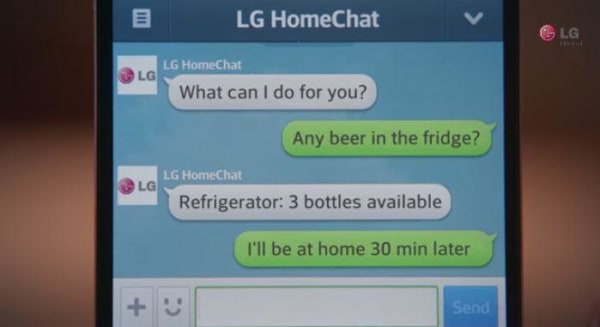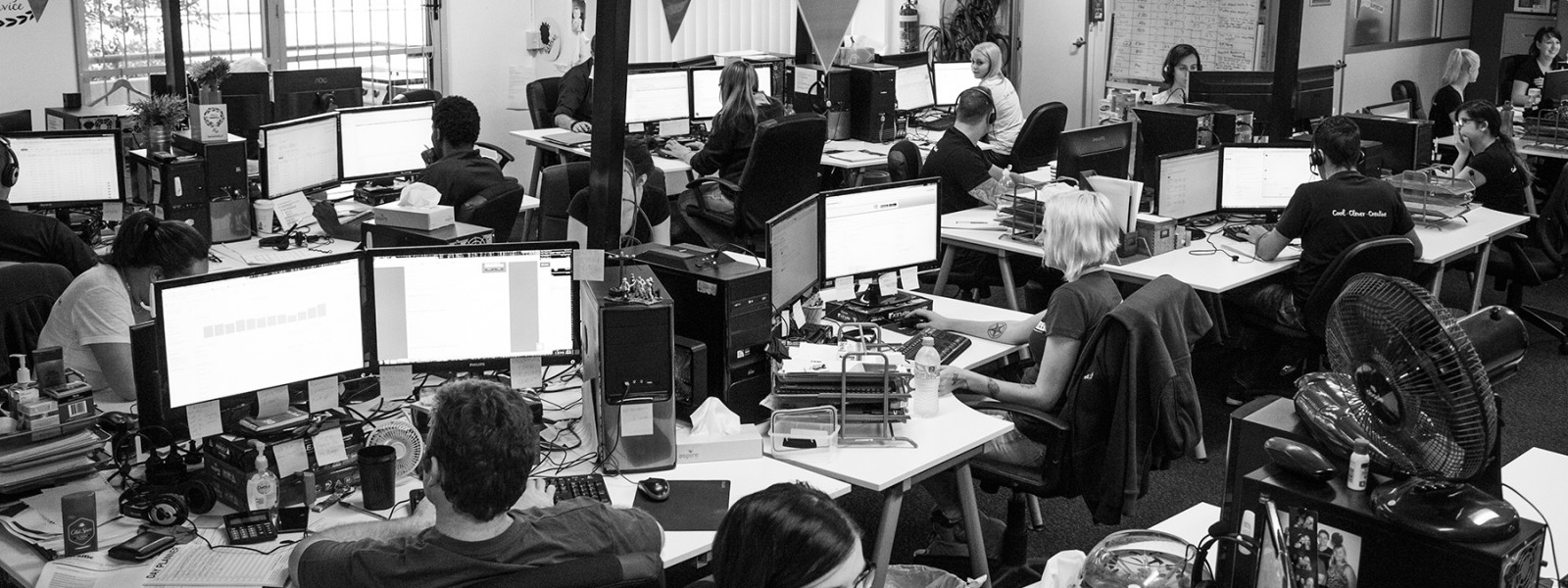-
Traffic
Get More Traffic
SponsoredLinX offers a number of different services to help drive more qualified traffic to your website. Google Ads Management Search Engine Optimisation Microsoft Ads Facebook Advertising Google Ads Mobile“SponsoredLinX are a rarity in today’s market place, they promise a lot but deliver more. Our business has grown by over 400% in one month; we are amazed at the difference they have made.”
-
Conversion
Convert More Leads
Our second step is making sure that your website is able to convert the traffic you receive into leads for your business. Optimising your website to convert more leads is important to a profitable campaign. Web Development Convertopages Do It For Me eCommerce“I just want to say thank you! The changes that you have applied in our AdWords campaign have definitely seen an improvement on click quality and sales for HippityHop.”
-
Retention
Retain Your Customers
As you build up a customer base you need to make sure to keep engaged and retain your relationship. Facebook Management LinX App“SponsoredLinX fully redesigned our main company website with a fresh, clean and professional look. The ‘Google friendly’ web design were part of the fantastic ongoing service we received.”

Is The Advancement Of Artificial Intelligence Making Us Lazy?
I get it, our lives are busy – but are we really content to let robots turn us into lazy, unmotivated beings?
Recently I was reading an article about the advancement of voice-based search and artificial intelligence, but instead of being inspired, I was left feeling disappointed. While the blog included lots of fascinating information about the direction of artificial intelligence, I couldn’t help but question whether we’ve become a race that can’t stand life being anything other than completely easy and comfortable. Especially – it seems – when it comes to finding the best pizza.
Unsure of where I’m going with this? Well, according to a 2014 Google study, 45% of teenagers longed for technology that would allow them to order pizza through voice search alone. Thankfully for those hungry kids, their foodie wishes were granted (via Dominos’ Dom and Amazon Echo); however, it would seem that people are still dreaming of ways to make pizza (and other everyday desires) available with the least amount of effort.
For example, according to Search Engine Journal’s ‘Voice Technology and the Evolution of Search’ article, in the future we’ll likely see personal voice assistants that can not only tell us the best place to get pizza, but can also predict what type of food we’ll be in the mood for, depending on our eating habits from the last few days.
“So when a consumer tells Siri he or she is hungry, Siri will know the consumer tends to like pizza, but has eaten it the last few days and is likely to be more in the mood for, say, Greek food and can then ask if said consumer wants to book a table.” – Purna Virji, Microsoft’s Senior Bing Ads Client Development and Training Manager (via Search Engine Journal).
Already we’ve seen artificial intelligence interwoven into everyday items – such as refrigerator cameras/measuring systems that can alert your smartphone when you’re running out of a certain product (eg. milk), text you as to how many bottles of beer are left, or show you in real-time what’s inside your fridge (which actually does sound handy for when you’re at the supermarket) – and it seems the evolution of voice search/artificial intelligence will only continue to grow.

LG’s ‘Home Chat’ can tell you how many bottles of beer are left.
“Search is going to change, and we can’t always expect people to go to their computer, open up their browser, pick the search engine they want and then type their query. It seems like too much work,” Virji said in a June 2016 Bing Q&A video.
But is it? Is it really too much work to search online – with the world at our fingertips – for a good restaurant, a new outfit, or to actually look through our fridge and work out for ourselves what we need?
While the aim is to make voice search less robotic, and more conversational and lifelike (as you would with a personal assistant), I can’t help but feel that all it shows, is just how much we are disconnecting with real-life.
Are we really too busy to look into anything for ourselves, or use our minds to simply come up with a shopping list? All the evidence seems to be pointing toward the western world wanting easier solutions to technological first world problems – and I’m certainly not against this myself – but let’s not lose our connection to real-life conversations with other humans in the process.


